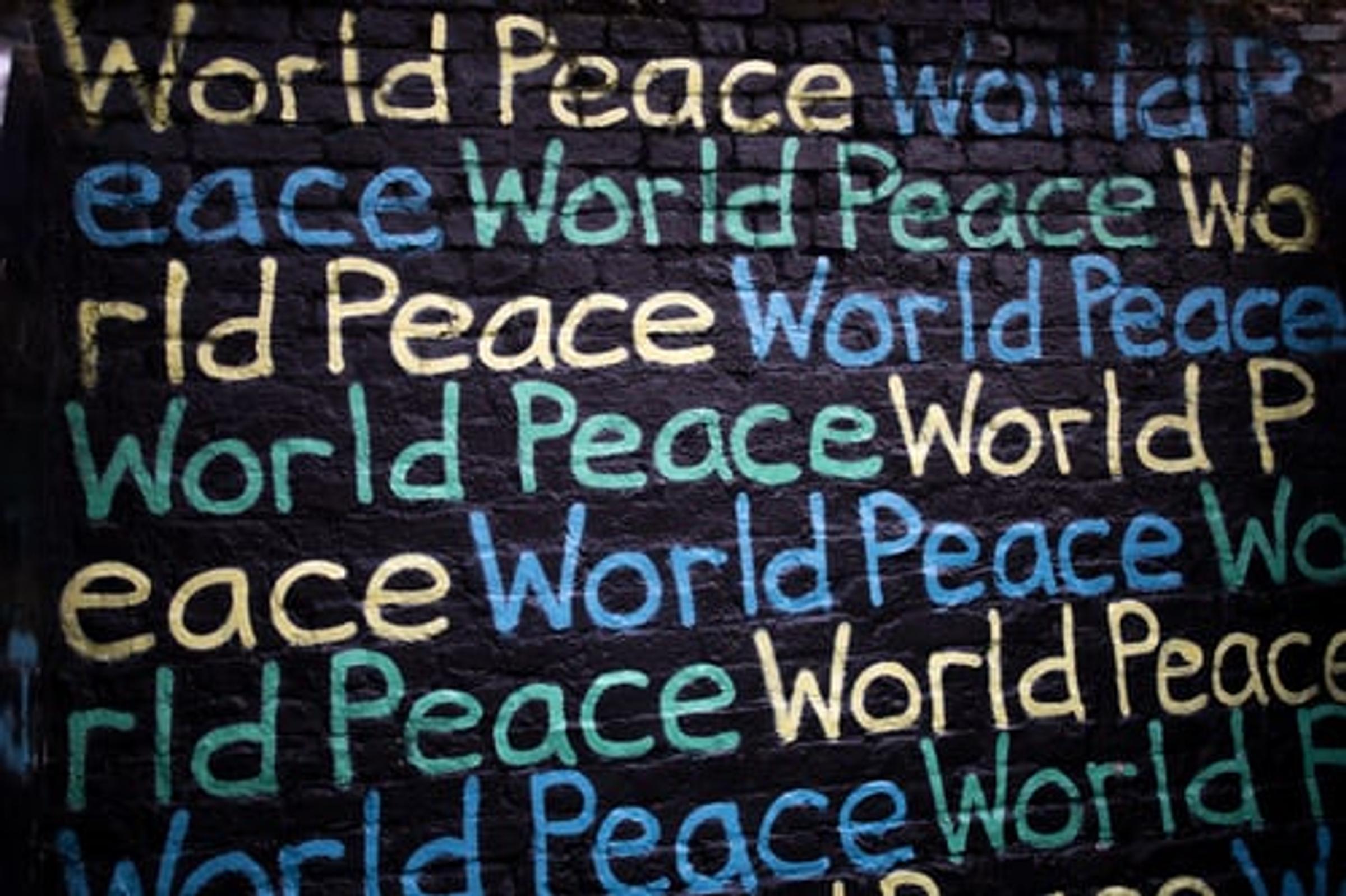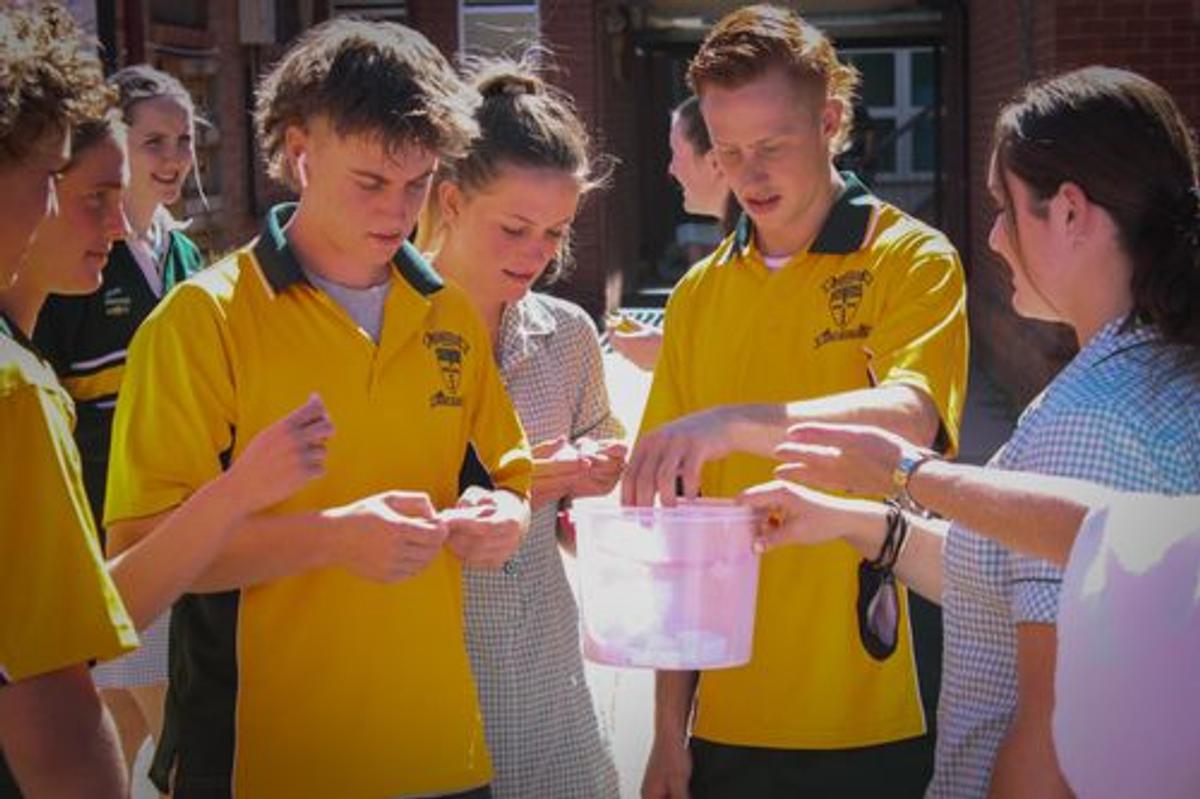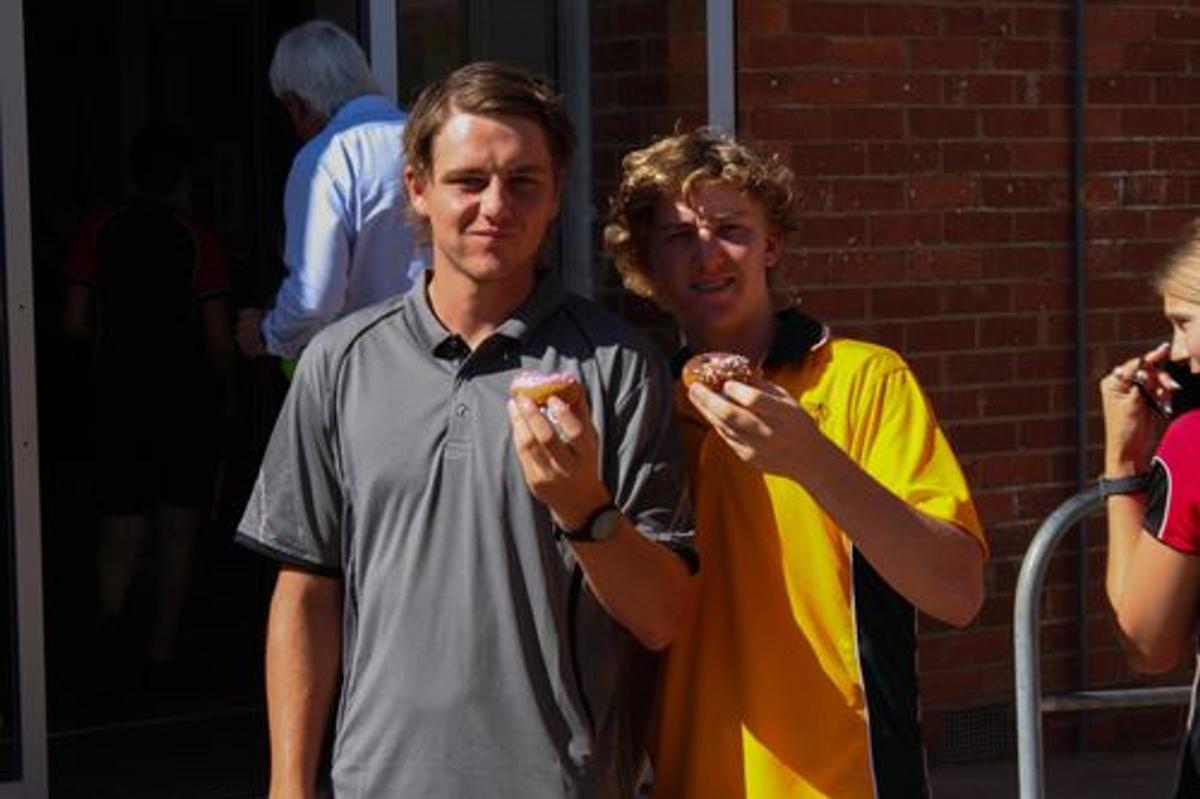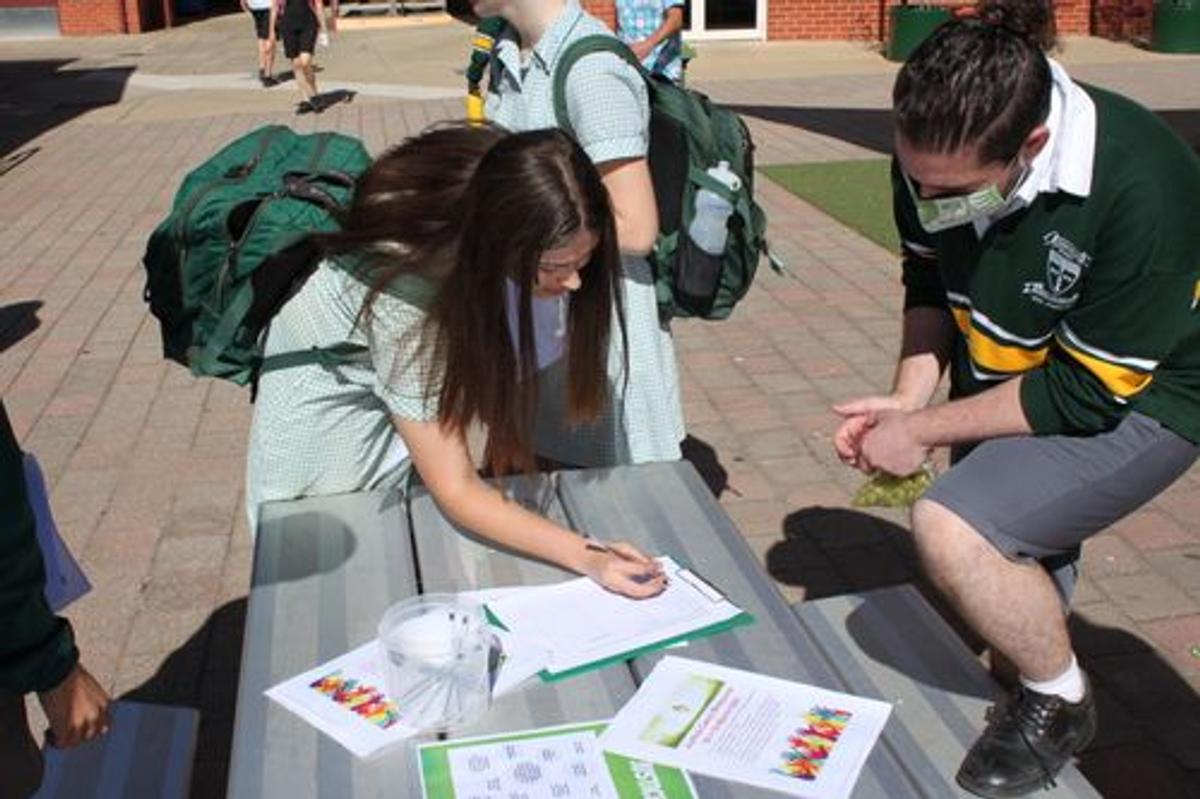Word Day of Social Justice

World Day of Social Justice (which was actually Saturday 20th February but which St. Joseph's College celebrated on Friday Feb 19!) is a United Nations designated international day to recognise the need to promote social justice, which includes efforts to tackle issues such as poverty, exclusion, gender equality, unemployment, human rights and social protections.
It was also a great opportunity to launch the #JusticeTeam2021@SJE.
This year we have combined our Social Justice and Environmental Justice teams and so we invited all students with a passion for social justice and climate action looking to deepen their understanding of contemporary justice issues and how to respond to causes of injustice to sign up to #JusticeTeam2021@SJE.
Our launch included a Donut Lucky Dip! Students dipped into our collection of ‘citizens of the world’, and their status told them whether they got a donut or not.
For example:
- were they one of the 400 million people worldwide who lost their job during the pandemic?
- Were they one of the 25 million people who live in areas without enough water due to climate change?
- Were they a girl? With such a large amount of unpaid care work (looking after children, elderly people, and those with physical and mental illnesses and disabilities, as well as daily domestic work like cooking, cleaning, washing, mending, and fetching water and firewood) that their school attendance rate is disadvantageously low?
NO DONUT for any of these ‘disadvantaged citizens’.
OR:
- were they among the highest wage earners in Australia, earning an average of $4,166 a week (unlike the lowest who earn $753 a week)?
- Were they one of the wealthiest 1% of people in the world who have more than double the wealth of 6.9 billion people?
- Were they a boy! Who is not required to do any domestic duties (looking after children, elderly people, and those with physical and mental illnesses and disabilities, as well as daily domestic work like cooking, cleaning, washing, mending, and fetching water and firewood) like their sisters, and get to go to school and get an education?
All of these ‘citizens with advantage’ got a DONUT of course!
We had 24 very happy and very advantaged citizens, and many, many more who walked away disadvantaged and disappointed! Kind of like our world today really!
Claire Hogan - Educator for Justice
Some further reading on World Day of Social Justice by Fr Andrew Hamilton SJ from Eureka Street, a publication of the Australian Jesuits:
Eureka Street| Fr Andrew Hamilton SJ | 10 February 2021
In Australia the World Day of Social Justice goes pretty much unnoticed. It is swamped by the start of the school year, the gathering speed and urgency in work places, and the last weeks of summer. These things leave little room for reflection. Catholics, too, may associate social justice with later months in the year when the annual social justice statement is released.
That said, World Social Justice Day (https://www.un.org/en/observances/social-justice-day) offers an opportunity for broader reflection. As with other events, we normally think locally about social justice. The issues on which we focus and the terms in which we discuss them are those that concern Australia: inequality, the treatment of people who seek protection, the adequacy of support for those who are unemployed, people who are elderly, or suffer from mental illness, and the discrimination against Indigenous Australians, for example. These failures are found in most nations, but they are given a particular shape by the local Australian economic settings and cultural attitudes. For that reason we think of them in terms of local relationships, often failing to notice the wider forces that impinge on our local world.
Broader Context
Thinking of social justice in global terms makes us attend to the broader context. We see the Australian treatment of people who seek protection, for example, in the light of the broader movement of peoples who are escaping persecution, war and famine. This movement, in turn, must be seen in the context of the international rivalries and interests that contribute to war, condemn nations to impoverishment, trash the environment and turn religious and cultural differences into hatreds. When we take this wider view we are led beyond asking why in Australia refugees are treated so badly, to ask what part our nation plays in overseas wars and conflicts, what is incumbent on us as a wealthy society to do to support people in poor nations, and what ethical standards does our government uphold and demand of our businesses and corporations in its relationships to the wider world.
This larger perspective also benefits us by helping us to understand more clearly such immediate issues of our day as those to do with climate change and coronavirus. In responding to climate change, for example, it has become evident that what individuals and even nations do to address it will not be enough. Unless all nations and people make respect for the environment a priority there will never be the universal support needed for the world as we know it to be saved from catastrophic global warming.
Be the Solution
If we are not part of the solution we shall necessarily be a large part of the problem. This example shows us that we cannot attend to social justice only by considering the relationships within our nation, but must look at them internationally, too. Every nation must contribute to cutting emissions. In the same way every nation must respond to the coronavirus and vaccines must be made available to the people of all nations. Until this is done all people will be in peril.
The World Day of Social Justice encourages us to think big. Like thinking locally, of course, that has its risks. It can lead us to see people as problems to be solved and to lose sight of the precious humanity of each human being. That is our constant challenge: to focus on the faces of each person whom we accompany, and in our advocacy to address the complex relationships involved in disadvantage.
We must always begin and end with compassion for the persons who cry out for help in the face of injustice.
Interested in more? www.eurekastreet.com.au




